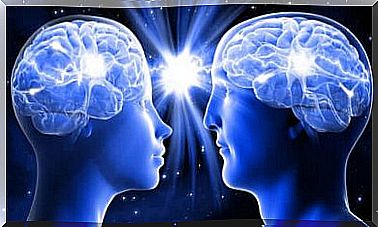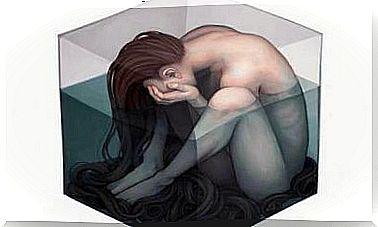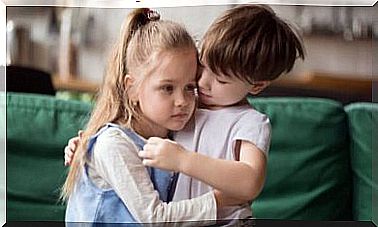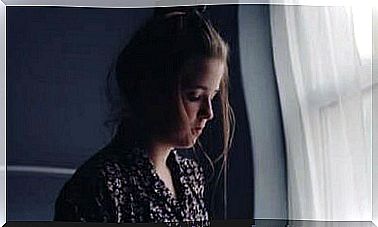The Art Of Not Embittering Life

One fine day, through a friend who is also a psychologist, the book “The art of not embittering life” by Rafael Santandreu arrived in my hands. She lent it to me saying, “Read this book, you will learn a lot. I improved my therapies thanks to him and I also grew as a person.”
I started reading it with enthusiasm and high expectations, and it certainly didn’t let me down. In fact, it impressed me. I soon realized that I was supported by the rational-emotive therapy of the famous psychotherapist Albert Ellis, a therapy with which I felt identified since I discovered authors like Ellis or Auger himself, but which was even more radical and profound. It was the pie in the face I needed right now and it made me open my eyes to many aspects of my life.
“The Art of Not Embittering Life” is not your typical self-help book that introduces you to what you want or need to read in order to feel good at that moment.
It’s a book whose main purpose is to make us emotionally strong. It’s cleaning the dirt from your glasses, from the lenses that are so dirty that they distort the authentic reality, creating a subjective reality based on one’s own irrational beliefs and causing significant emotional discomfort.
When we talk about irrational beliefs, psychologists refer to subjective statements, evaluations, truths and valuations that we build from early childhood about ourselves, others and the world.
It’s the way we interpret what happens to us. If the glasses are clean, we will have rational beliefs, supported by reason and reality, which will be accompanied by healthy emotions.
If we make them dirty, we will harbor irrational, false beliefs that do not correspond to reality, that do not help us achieve our goals, and that cause great suffering in the person. Still, for those who have them, they become absolute and indisputable truths, and that’s when emotional problems arise.
The book teaches us, as Epictetus said, that it is not situations that cause our emotional suffering, but ourselves, with our irrational beliefs and internal self-dialogue.
We tend to think that there is a direct relationship between situation and emotion, but if that were the case, everyone would react in the same way to the same situations, and we can prove that this is not true. So the equation is more complex than we think.
There is an intermediate ingredient which is beliefs and thoughts. What good news! If with my thoughts I believe in my disturbances, I myself also have the power to feel good! It all depends on me!
In the book we can discover that some of these beliefs are demands made on ourselves, others, and the world, needs that no one really needs, and anxieties about things that haven’t happened and maybe won’t happen.
When we believe that we need what we don’t need to survive, like approval from others, success, a partner who likes us, our dream job, we create a lot of anxiety. If we never manage to have these things, we’ll feel like failures, but if we do, we’ll always be distressed by the possibility of losing them, so we don’t take advantage of them either.
We don’t realize that all that’s really needed is food and drink, and that if we’ve got that sorted out, we can already enjoy life a lot. The rest of the needs are a trap, things we believe we need but are a lie.
When we are sick with “terribilite” we tend to assess everything that occurs to us as terrible, unbearable, catastrophic, the most dramatic that could happen. Something that could be evaluated as “a little bad” is automatically qualified as “terrible” without intermediating a reasoning process, so, of course, we will provoke emotions according to this way of processing reality: anxiety and depression.

Using reason, we may realize that some of our thoughts and beliefs are false and unreal, and that we are hurting ourselves by “believing with conviction” in something that is not true. If we use logic well, we can see how our emotions calm down.
The first step will be to identify what is going on in your head. What are you telling yourself to feel so bad? Who needs your mother’s approval? That if you don’t work with something related to the course you studied, you’re a failure? That if I don’t have a partner again, life will be meaningless?
Once you have identified your irrational beliefs, you must fight them, fight them through questioning and confrontation. For that, you will have to demonstrate to yourself that these ideas are unreal. Some questions the book proposes are
– Are there other people who are happy in the same situation? (or in worse situations)
– Even with this adversity, could I accomplish interesting goals for myself and for others?
– In an infinite universe of planets and stars that are born and die without ceasing, is there anything really dramatic? Is what happens to me so important? Is it really terrible?
The more arguments we find, the more easily we can establish rational belief and delve into it until we make it our own.
Little by little, they will automate until they become your new vital philosophy. Remember that negative emotions do not disappear completely, as this is neither possible nor recommended, as all emotions play an important role in survival.
What will disappear are maladaptive, exaggerated, and insane emotions. One can get out of the prison of malaise. You already have the key. Freedom and happiness are guaranteed.









